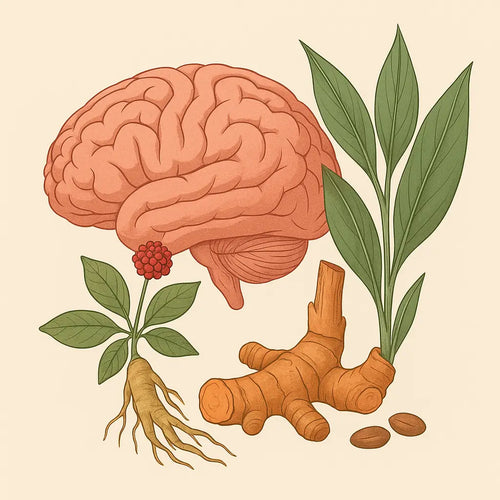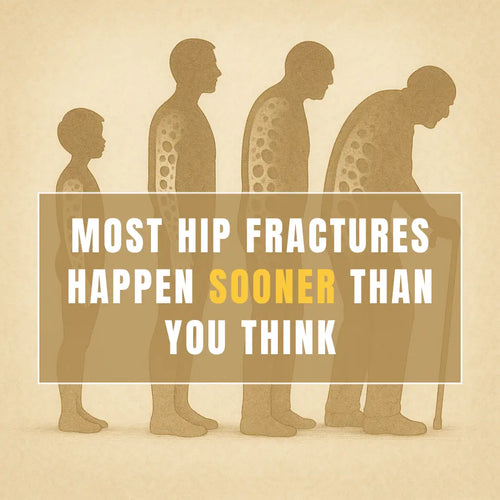Increased oxidative stress has been documented in the frontal cortex in individuals with Alzheimer’s disease and in patients with mild cognitive impairment (Ansari, MA 2010). One of the emerging causative factors associated with Alzheimer’s pathology is oxidative stress. This AD-related increase in oxidative stress has been attributed to decreased levels of the brain antioxidant, glutathione (Saharan and Mandal, 2014).
The body uses antioxidants to limit the damage done by oxidative stress and glutathione is the body’s most effective self-made antioxidant. Glutathione is a part of the body’s natural defense against free radical damage.
The following study used proton magnetic resonance spectroscopy to measure glutathione levels in both healthy individuals and patients with alzheimer’s disease (Mandal PK et. al, 2015).

The researchers found a reduction of glutathione in both the hippocampus and frontal cortex–which are two different areas of the brain–in Alzheimer’s patients. It is interesting to note that glutathione reduction in those regions correlated with a decline in cognitive function. The researchers concluded that the study provides compelling evidence that the glutathione levels in specific brain regions are relevant markers for mild cognitive impairment and Alzheimer’s disease.
So how can we ensure that our glutathione levels remain at healthy levels? One way is to add it into our daily routine via supplementation. It is now possible to supply glutathione in a bioavailable form–which gets it into the cells where it is needed–and that is by using S-Acetyl Glutathione (Cacciatore et. al., 2010).
The body is making less glutathione as we get older, that happens to everybody, but some are making less than others.
References
Ansari, A, and S W Scheff. “Oxidative Stress in the Progression of Alzheimer Disease in the Frontal Cortex.” OUP Academic, Journal of Neuropathology and Experimental Neurology , 1 Feb. 2010, academic.oup.com/jnen/article/69/2/155/2917186.
Cacciatore I1, Cornacchia C, Pinnen F, Mollica A, Di Stefano A. “Prodrug approach for increasing cellular glutathione levels.” Molecules, 3 Mar. 2010, https://www.mdpi.com/1420-3049/15/3/1242
Mandal PK, Saharan S., Tripathi M., and Murari G. “Brain glutathione levels–a novel biomarker for mild cognitive impairment and Alzheimer’s disease.” Biol Psychiatry, 15 Nov. 2015, https://www.sciencedirect.com/ science/article/pii/S0006322315003121
Saharan S., Mandal P.K., “The emerging role of glutathione in Alzheimer’s disease.” J Alzheimers Dis. 23 April 2014. https://content.iospress.com/articles/journal-of-alzheimers-disease/jad132483

Glutathione helps your cells reduce free radical damage and also helps lower inflammation.
BioPro, Inc. Tissue Recovery is using the patented form of S-Acetyl Glutathione from the Italian company that has the patent for S-Acetyl Glutathione.
Click here to get your bottle of the most effective form of glutathione!









